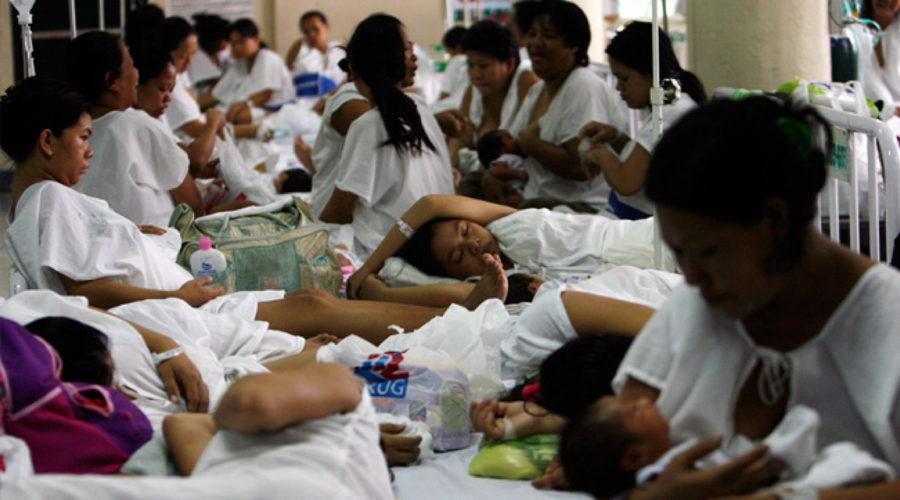
A member of a political party allied with the administration proposed for the immediate implementation of the Reproductive Health or RH Law after the National Economic and Development Authority or NEDA said the country may benefit from an economic sweet spot.
Valenzuela City Congressman Win Gatchalian explained the implementation of RH Law would ensure that the country will enjoy the benefits of an economic sweet spot, which the country has to wait for five years according to NEDA consultant Dennis Mapa.
Earlier, Mapa reported that the country may still have to wait a couple of years to enjoy the benefits of a demographic sweet spot given the continuing high birth rate based on the current trend.
The demographic sweet spot is when the country will have more people in the labor force than dependents. If there is enough employment, it will allow the country to earn dividend as there will be higher per capita income.
“What happened to our RH law that was supposed to lower fertility rates of our country and exploit the demographic dividend? We are wasting time. We are missing the demographic sweet spot,” Gatchalian said.
Initial findings of the 2014 Study on Demographic Dividend, also by Mapa, showed that the country’s gross domestic product (GDP) can increase by 25 to 35 percent if only the government can fully take advantage of the demographic transition.
Gatchalian, a stalwart of the National People’s Coalition (NPC), also urged the Aquino government to exert greater effort in attracting foreign direct investments (FDIs), which
will lead to the creation of more jobs for the youth and take advantage of the country’s predicted demographic sweet spot.
One of the vice chairs of the House Committee on Metro Manila Development, Gatchalian said the government should exert greater effort in drawing businessmen to open shops and generate employment so that fresh college graduates can have jobs immediately.
“Without jobs, people who are already in the right age for work will only add to our already-high unemployment rate,” he said.
“The immediate and intensive implementation of the RH Law will help in the channeling of our limited resources to human development, particularly the promotion of quality education among the youth. Time is of the essence,” he added.
Gatchalian, whose primary advocacy is education, also asked concerned government agencies to swiftly provide opportunities to the Filipino youth and prevent early and unwanted pregnancies.
“In the meantime, the government should implement massive intervention programs for out-of-school youth. Rather than wasting their youthful energy, they can be part of the productive society,” Gatchalian said.
“Without the necessary skills, there can be no employment. No employment, no growth,” the former three-term mayor of Valenzuela City explained.
Women in the Philippines have a little over three children on average in 2012, data from the World Bank shows. According to the 2013 Young Adult Fertility and Sexuality Study, 11% of females aged 15 to 19 are already mothers.
The Philippine Statistics Authority (PSA) data showed that in July 2014, the unemployment rate in the country was estimated at 6.7 percent or around 2.78 million Filipinos. Of the total, 49.3 percent were 15 to 24 years old, while 30.8 percent were 25 to 34 years old.
Over 20 percent of unemployed Filipinos have college degrees, while 13.2 percent were college undergraduates. Meanwhile, 32.1 percent of the unemployed only finished high school. (Monica Cantilero)


